On 17-20 September 2024, the Office of the High Commissioner for Diaspora Affairs of the Republic of Armenia organized the Second Global Armenian Summit in Yerevan. Before the summit, Zareh Sinanyan, the High Commissioner, announced to the media that around 1,000 attendees from Armenia and the diaspora were to participate in the event. He added that the summit was to feature 180 speakers, including U.S. congressmen, state and city officials, and academics from 20 countries, who were going to address topics such as national security, technology, economy, science, repatriation, and diaspora communities.
Despite the pretentious representation of the summit, in reality, this event was nothing more than yet another Armenia-Diaspora meeting, the likes of which have been organized many times in the past. In fact, this kind of summits have turned into an empty national ritual over the years, at which participants utter the same old rhetoric on pan-Armenian unity, the solutions that the global Armenian nation faces, Armenia-diaspora cooperation, and so on and so forth. Nothing substantial comes out of these fanfare meetings. The only thing that these summits serve is the self-satisfaction of the participants from the diaspora who turn back to their countries with the joy of performing their ‘national duties’ by orating the same o’ same o’ clichés on how to glorify the Armenian nation.
However, this year, some Armenian nationalists from the diaspora were not quite happy on their way back home after the summit. One of those guys is the infamous hatemonger Harut Sassounian, the publisher of The California Courier and the contributor to radical nationalist Armenian publications in the US such as the Armenian Weekly of the Armenian Revolutionary Federation. What disappointed Sassounian was Armenian PM Nikol Pashinyan’s live interview at the summit in front of the attendees. According to Sassounian, in this interview, Pashiyan said the wrong things before the wrong audience, i.e., the diaspora Armenians, at the wrong time, i.e., a few days before the anniversary of Armenia’s independence.
What disappointed Sassounian so much was Pashinyan’s remarks on “patriotism.” In summary, Pashinyan said that Armenian patriotism neglects the fact of the existence of an Armenian state and thereby disregards state interests. He sustained that “Armenian patriotism” regards Armenia as a garrison, which ought to serve the trans-state Armenian nation – Armenians in Armenia and diaspora – rather than its citizens like a normal state should.
Aside from the crowded rhetoric and the conceptual confusion in his statement, what, indeed, Pashinyan tries to say is that the Republic of Armenia should only be responsible for the well-being of its citizens, not necessarily for the Armenians around the world. For this, the Armenian state should pursue its interests, not the aspirations of the diaspora organizations. Within this framework, the diaspora should not regard Armenia as a political apparatus for its own desires and objectives; there should be a clear separation between the Armenian state and the diaspora, and the latter should not perceive the former as one of its tools.
In fact, Pashinyan’s perspective is not a new one. This conceptualization of the Armenia-diaspora relationship was first formulated and advocated by the first president of independent Armenia Levon Ter Petrosyan in the early 1990s. Ter Petrosyan connoted his perspective as the “normalization of the Armenian nation,” in opposition to the century-old radical Armenian nationalist thinking connoted with the term Hay Dat or Armenian Cause. What Pashinyan’s statements show is that after more than thirty years, Armenians are still yet to agree on the principles of the Armenia-diaspora relationship. Pretentious diaspora summits have not helped, in this respect.
Another thing that Pashinyan said that got on Sassounian’s nerves was his remarks on the pivotal role of the Kremlin during the Soviet times in bringing the 1915 events into the agenda in order to counter the NATO-member country Türkiye during the heights of the Cold War in the 1960s. Pashinyan underlined that the Soviet authorities allowed the building of a “Genocide monument” in Yerevan during a period when the Soviet Union and the United States were nearing the brink of nuclear war. As Sassounian rightly figures out, with this statement, Pashinyan, indeed, acknowledges that in the emergence and spread of the allegations of the genocide of the Armenians, the political objectives of the third parties, that is, countries with imperial ambitions, have played a pivotal role. Obviously, acknowledgment of this evident reality is not something that Armenian nationalists would appreciate.
*Picture: primeminister.am
© 2009-2025 Center for Eurasian Studies (AVİM) All Rights Reserved

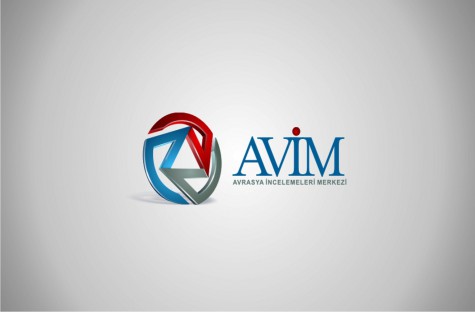 FORGETFULNESS OF POPE FRANCIS AND PRESIDENT GAUCK: ACCIDENTAL OR WILLFUL?
FORGETFULNESS OF POPE FRANCIS AND PRESIDENT GAUCK: ACCIDENTAL OR WILLFUL?
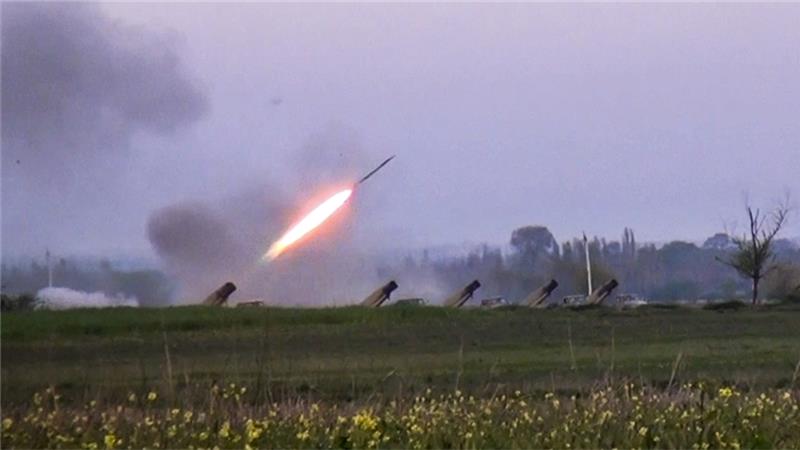 A SHORT ASSESSMENT OF THE “4-DAY WAR” IN KARABAKH
A SHORT ASSESSMENT OF THE “4-DAY WAR” IN KARABAKH
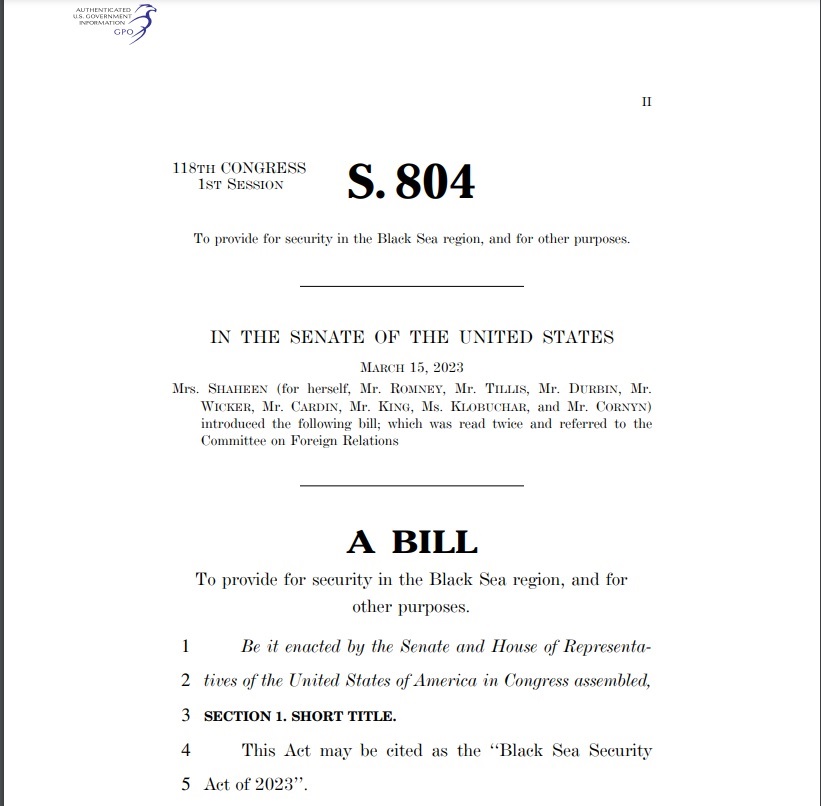 “WHAT HAPPENS IN THE BLACK SEA DOES NOT STAY THERE:” THE CONTOURS OF THE US’S BLACK SEA STRATEGY
“WHAT HAPPENS IN THE BLACK SEA DOES NOT STAY THERE:” THE CONTOURS OF THE US’S BLACK SEA STRATEGY
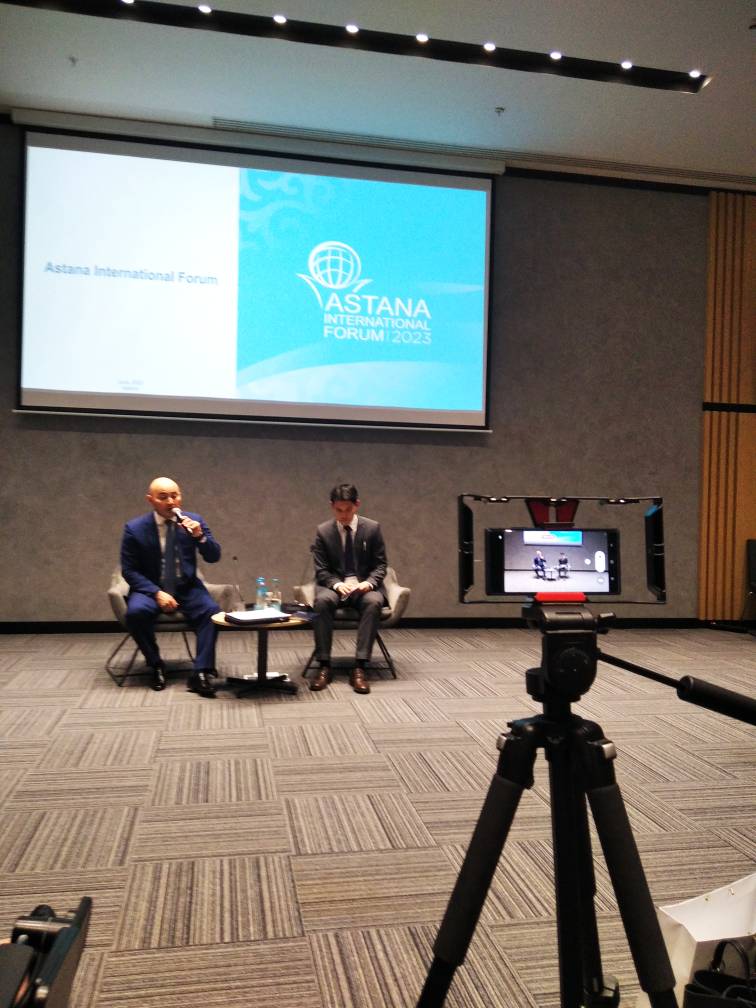 KAZAKHSTAN'S ECONOMIC AND FOREIGN POLICIES: NOTES FROM ASTANA - I
KAZAKHSTAN'S ECONOMIC AND FOREIGN POLICIES: NOTES FROM ASTANA - I
 PASHINYAN CALLS ON ARMENIAN DIASPORA TO BEHAVE RESPONSIBLY
PASHINYAN CALLS ON ARMENIAN DIASPORA TO BEHAVE RESPONSIBLY
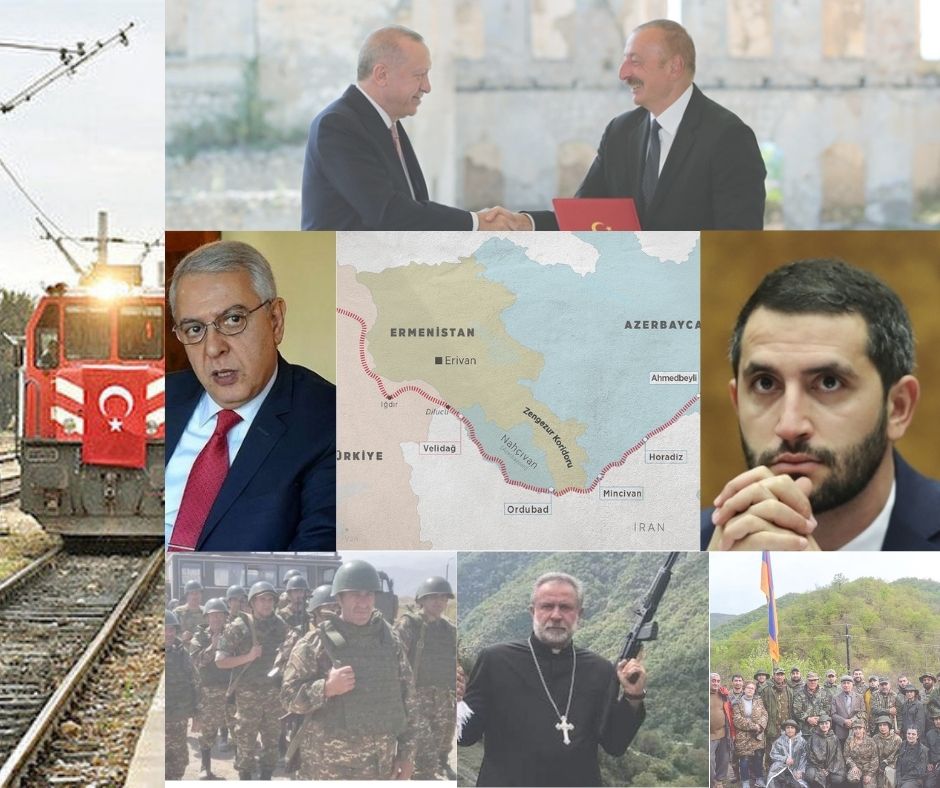 DEVELOPMENTS IN ARMENIA IN THE FIRST DAYS OF 2022
DEVELOPMENTS IN ARMENIA IN THE FIRST DAYS OF 2022
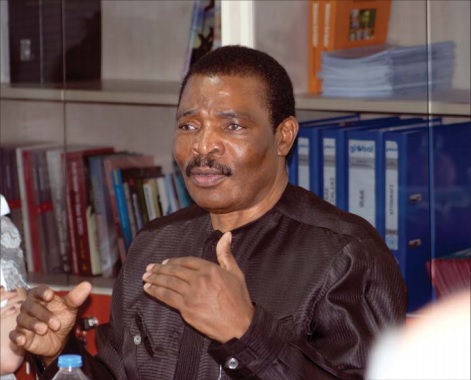 A COMMENTARY FROM NAMIBIA ABOUT THE GENOCIDE DEBATE
A COMMENTARY FROM NAMIBIA ABOUT THE GENOCIDE DEBATE
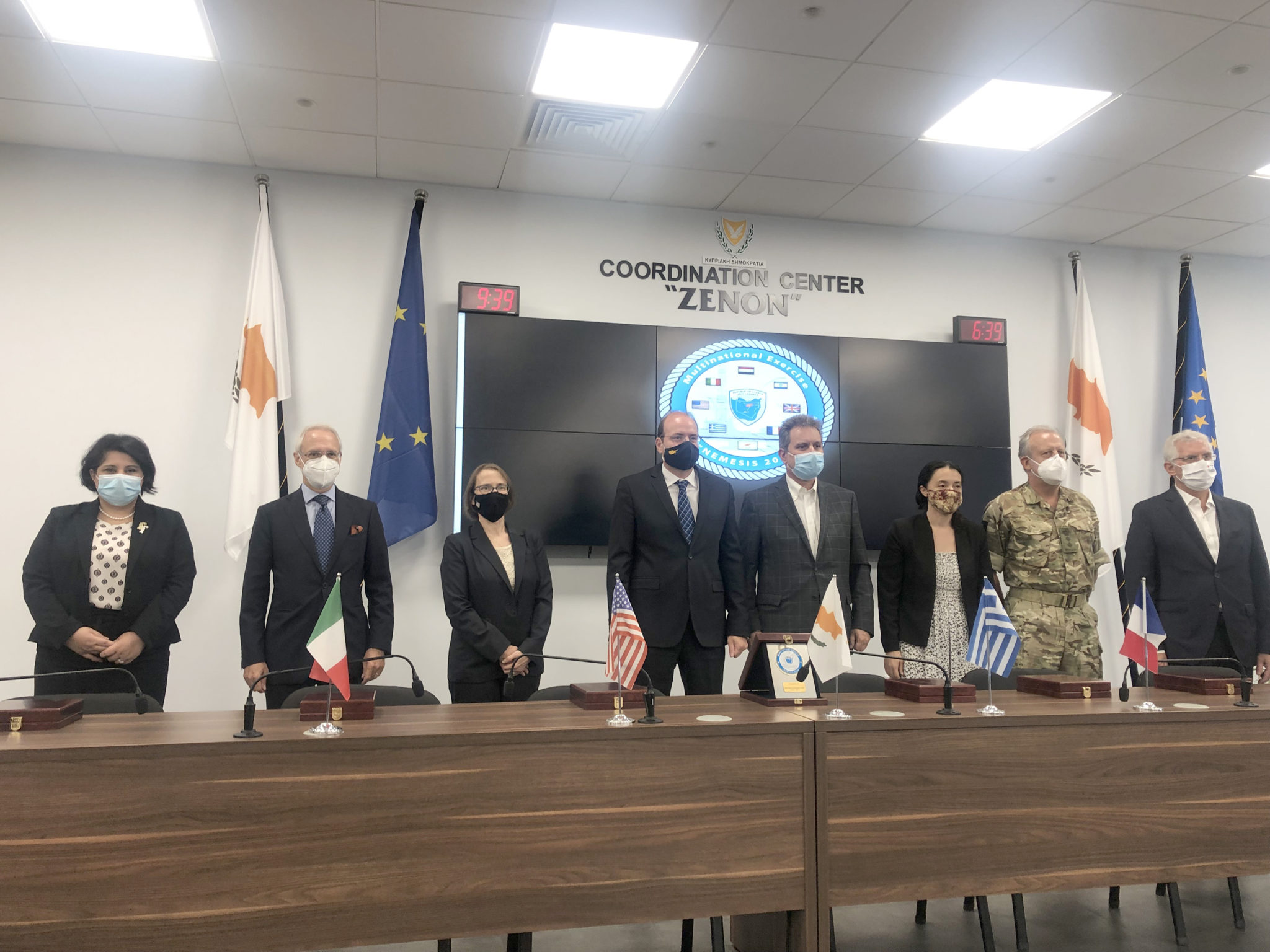 NAVAL EXERCISE "OPERATION NEMESIS" IN THE EASTERN MEDITERRENIAN AND ITS CONNOTATIONS
NAVAL EXERCISE "OPERATION NEMESIS" IN THE EASTERN MEDITERRENIAN AND ITS CONNOTATIONS




























